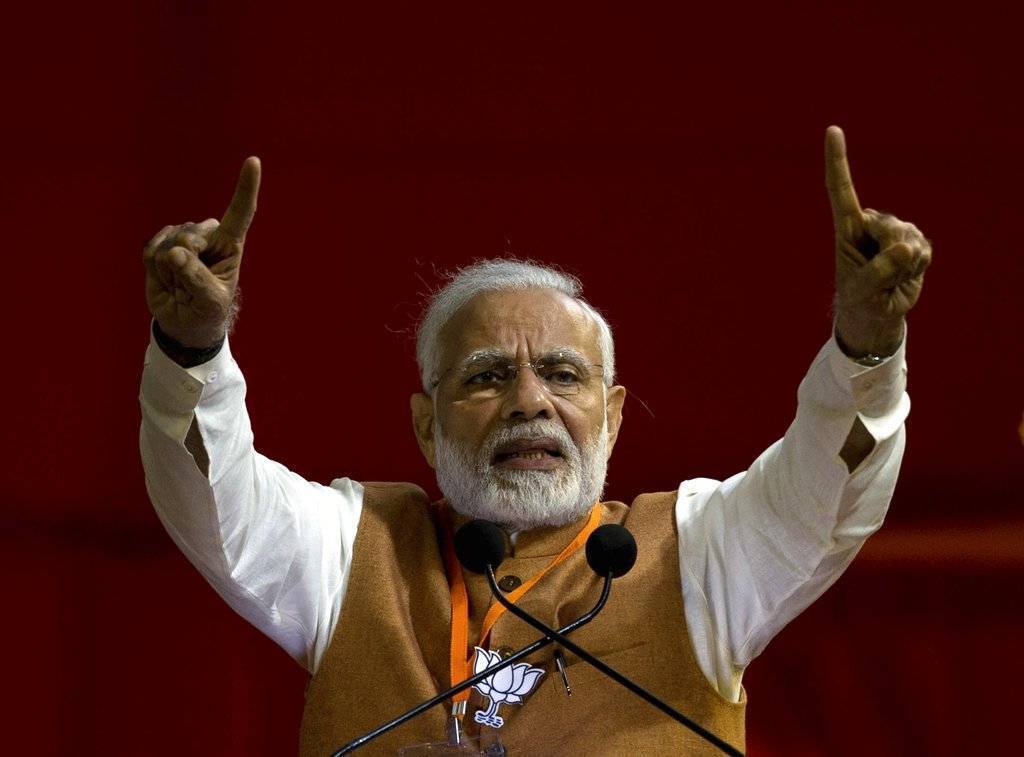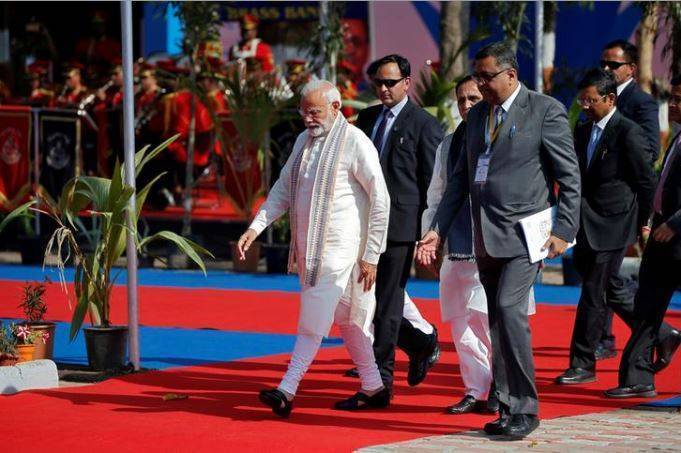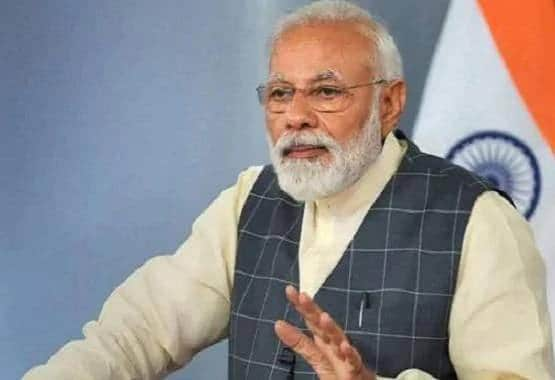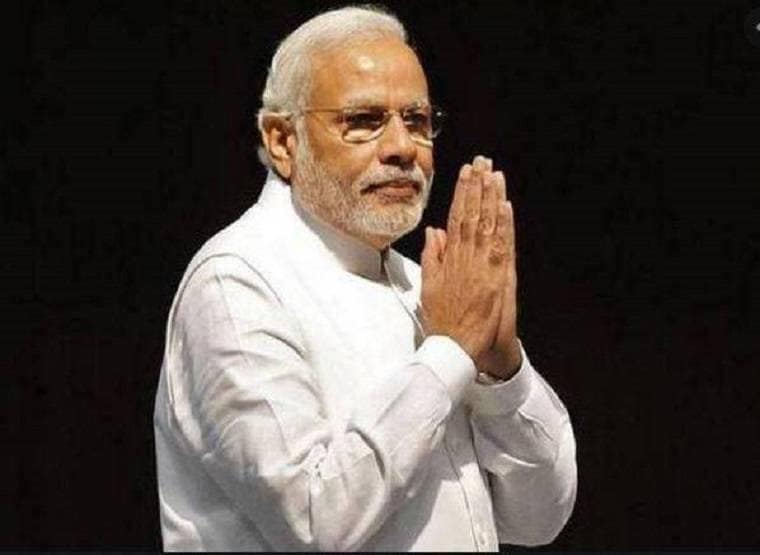BUSINESS
These four steps of Modi government have made China restless on the border

The Chinese army has retreated to about 2 km from Galwan, Patrolling Point 15 and Hot Spring areas of Ladakh. It is being said that this is the first step to reduce the deadlock. When the Chinese army withdrew, the Indian Army has also retreated.
This question is arising around the world, why has China become so aggressive against India on the outskirts? Even PM Modi said in 2018 that both countries have such maturity that despite the border dispute, not a single shot has been fired on the border till date. Obviously this is going to make India uncomfortable too.
India’s Army Chief VP Malik said in some of his interviews that China’s restlessness is understandable. India ended the special status of Jammu and Kashmir on August 5 last year and divided the entire area into two union territories. China immediately remarked that this was unacceptable and that the status quo of the entire region should not be tampered with. Pakistan continued to ask China to intervene in this matter but till now it had not been able to do anything concrete.
Meanwhile, in December last year, the corona virus infection began in China and two months later a global epidemic was declared. Questions began to be raised about China around the world. Several countries in America, Australia and Europe demanded an inquiry against China. India also supported this investigation being considered against China in the World Health Organization. China was surrounded on every front. China also began to worry about India’s growing close with Australia, America and Japan.

Road construction in Ladakh and border areas –
India’s development of basic infrastructure in border areas can also be a reason for China’s uneasiness. In the event of war or conflict, the Indian Army had no way to reach many inaccessible areas. That is why in the last few months, India has taken forward the road construction work in the border areas including Ladakh. Apart from development work in these border areas, India has also intensified other activities
In April, a bike expedition was conducted from Karu to Karakoram Pass in Leh. The special thing was that for the first time, a convoy of bike riders passed through the newly constructed 255 km Darbuk-Shayok-Daulat-Beg Oldi (DS-DBO) road in Ladakh. Many Army soldiers were also involved in this. This road is very important for the movement of army in north-eastern Ladakh. This road provides access to Aksai Chin and many inaccessible mountainous areas occupied by China.
It is only after the India-China clash in Doklam in 2017 that the Modi government accelerated construction near the LAC. After the Doklam tension, the government announced that the Army would not have to seek the approval of the Ministry of Environment for the development of infrastructure within the 100 km radius of the LAC. In the meantime, the Modi government has also extended powers to the Border Road Organization (BRO) in taking all administrative and economic decisions. Some analysts say that if work had been done in India at this speed, by now all border roads would have been completed.
67 per cent of the BRO workers with 32,000 workforce are posted along the border with China. In recent years, it has completed several important connectivity projects in Ladakh and North-East. DSDBO Road is also one of them.

Siege on the economic front
India has also taken several steps that affect China economically within the last few months. In April, India closed the automatic route for investment from China and made the Indian government’s approval mandatory before Chinese investment. India feared that the business of Indian companies had stagnated in the corona virus epidemic and by taking advantage of this, Chinese companies could take them cheaply.
There was an immediate response from China after this move of India. China also expressed displeasure by calling this move unilateral and against the rules of the World Trade Organization. Even the Chinese media had threatened to ban medical supplies to India.
Challenging India in manufacturing- In
the midst of the corona epidemic, many companies from China are trying to consolidate their business and come to India. China is also worried about this. On reports of India becoming a world factory, the Chinese media had said that India is trying to replace China but it will never succeed in it. This concern was raised in China when a German shoe company recently asked to shift its manufacturing unit from China to Uttar Pradesh
China’s concern is growing due to the Modi government’s proactive strategic and economic front. China’s aggression on LAC is not unnecessary but it is trying to pressure India through it. However, the steps that India has taken are not going to back down

